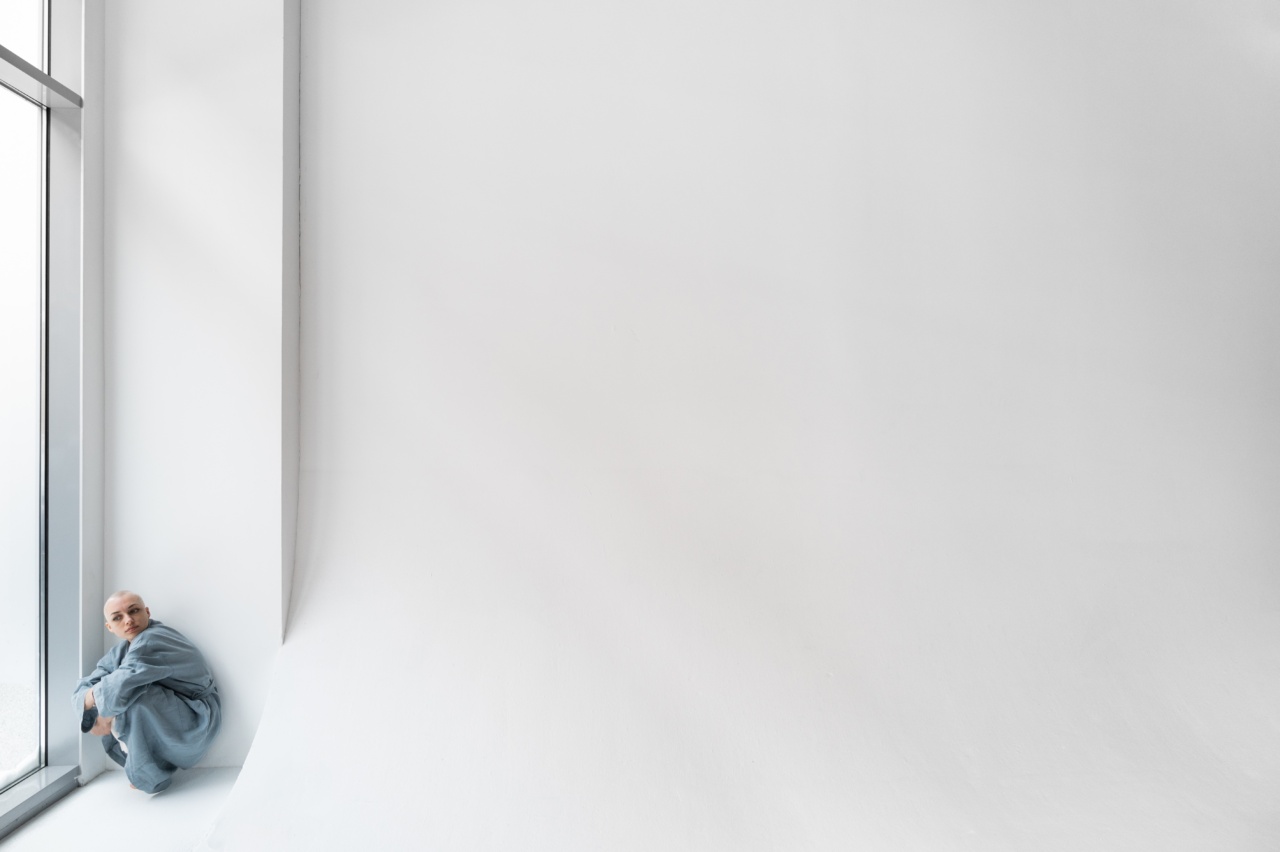In today’s digital age, the trend of taking selfies has become a global phenomenon. From celebrities to common people, everyone seems to be obsessed with taking selfies and sharing them on social media platforms.
While selfies may seem harmless and fun, they have been linked to a range of mental health issues. Research has shown that excessive selfie-taking can lead to a dangerous spiral of low self-esteem, anxiety, and depression. In this article, we will explore the negative health impacts of selfies and how they can be a gateway to mental illness.
The Science Behind Selfies
Selfies are a form of self-expression that involve taking a photograph of oneself with a smartphone or camera. The thrill of clicking and posting selfies taps into the reward centers of our brain.
When we post a selfie and receive likes and comments, it triggers a dopamine release, which leads to a sense of pleasure and satisfaction. However, this reward mechanism can also lead to addiction and negative consequences.
The Link Between Selfies and Mental Health
The constant need for validation through selfies can lead to a decrease in self-esteem. When people compare themselves to others, they often feel inadequate and less satisfied with their lives.
This phenomenon is known as social comparison theory, where people evaluate their self-worth based on how they stack up against others. Social media platforms like Instagram, Snapchat, and Facebook encourage users to compare themselves to others constantly. This can lead to low self-esteem and depression.
Moreover, selfies can become a compulsive behavior, leading to anxiety and addiction.
According to a study conducted by the University of California, Irvine, and the United States Army, taking multiple selfies throughout the day can cause increased stress and anxiety levels. The study found that people who take multiple selfies are more likely to suffer from anxiety and depression.
The Dark Side of Selfies
Selfies can also have a darker side, where people use them as a tool to seek attention, gain fame, and even bully others. By posting edited and curated selfies, people can present an unrealistic and harmful image of themselves.
This can lead to body shaming and cyberbullying, causing harm to the mental health of the victim. Moreover, the constant pressure to present an idealized version of oneself can lead to identity crisis and anxiety.
How to Prevent the Negative Effects of Selfies
Selfies are not inherently bad. It is the excessive use and addiction that causes mental health issues. Here are some ways to prevent the negative effects of selfies:.
Limit Your Time on Social Media
One of the keys to preventing mental health issues related to selfies is to limit the time spent on social media. Set a timer for your social media use, and stick to it.
This will help you prevent the constant comparison and validation-seeking behavior that is a part of using social media.
Practice Mindfulness
Mindfulness is a practice that involves being present in the moment and fully engaging in your surroundings.
Practicing mindfulness can help you become aware of your thoughts and emotions and avoid the negative self-talk that often leads to low self-esteem and anxiety.
Seek Professional Help
If you feel like your selfie-taking behavior has spiraled out of control and is causing mental health issues, seek professional help. A mental health professional can help you develop coping mechanisms and provide support through the recovery process.
Conclusion
Selfies may seem like a harmless and fun activity, but excessive use can lead to a range of mental health issues. The constant comparison and validation-seeking behavior can cause low self-esteem, anxiety, and depression.
The key to preventing the negative effects of selfies is to limit social media use, practice mindfulness, and seek professional help when needed. By being aware of the negative health impacts of selfies, we can use them in a healthy and positive way.






























